Summaries of books about History & Biographies:
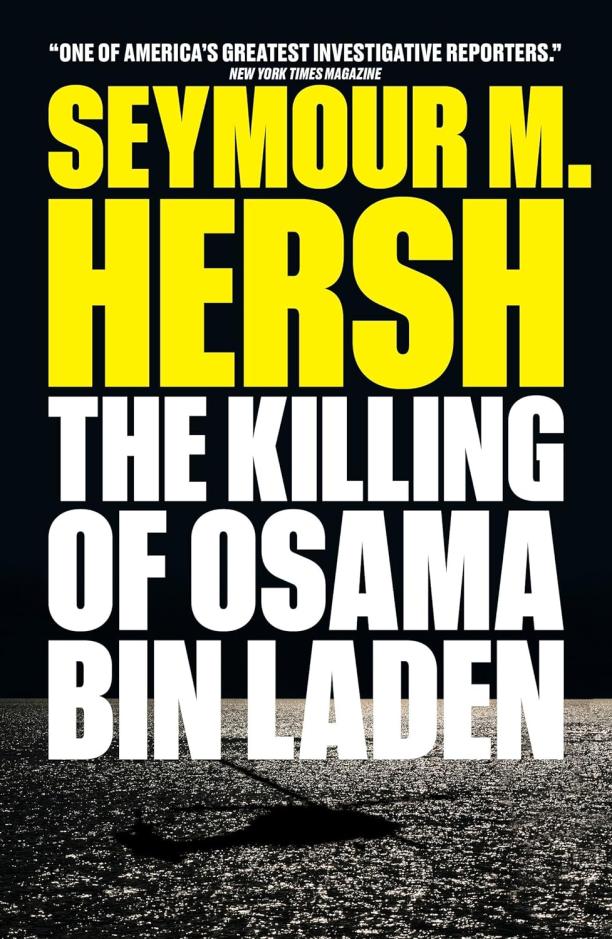
The Killing of Osama Bin Laden
Seymour M. Hersh
The book presents an alternative account of the 2011 raid that led to the death of Osama bin Laden, challenging the official narrative provided by the United States government. It suggests that the Pakistani intelligence services had been holding bin Laden captive and that the U.S. raid was conducted with their cooperation, rather than being a unilateral operation.
See full summary

Beethoven
A Life in Nine Pieces
Laura Tunbridge
The book delves into Ludwig van Beethoven's life and work by exploring nine of his musical pieces, each revealing different aspects of his career, personal struggles, and the cultural context of his time. It intertwines biographical details with an analysis of how these compositions reflect the evolution of his musical style and the legacy he left on the world of classical music.
See full summary
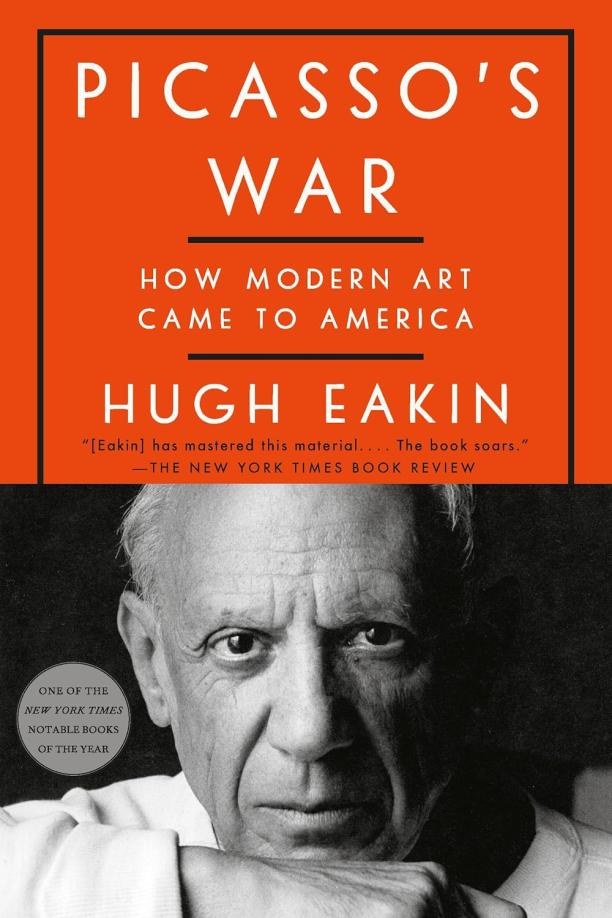
Picasso's War
How Modern Art Came to America
Hugh Eakin
The book chronicles the journey of Pablo Picasso's iconic painting "Guernica" and its impact on American art and politics. It explores the painting's role in shaping the perception of modern art in the United States during the mid-20th century amidst the backdrop of the Spanish Civil War and World War II.
See full summary
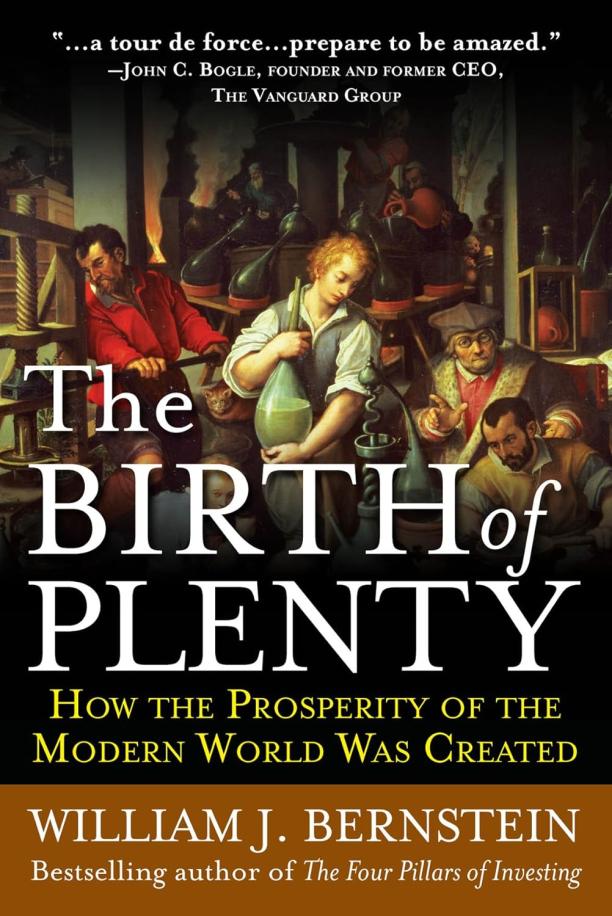
The Birth of Plenty
How the Prosperity of the Modern World was Created
William J. Bernstein
The book explores the historical factors that led to the unprecedented economic growth and prosperity that began in the 18th century, attributing it to four essential elements: property rights, scientific rationalism, capital markets, and improvements in transportation and communication. It examines how these components interacted to create the wealth and innovation characteristic of modern civilization.
See full summary
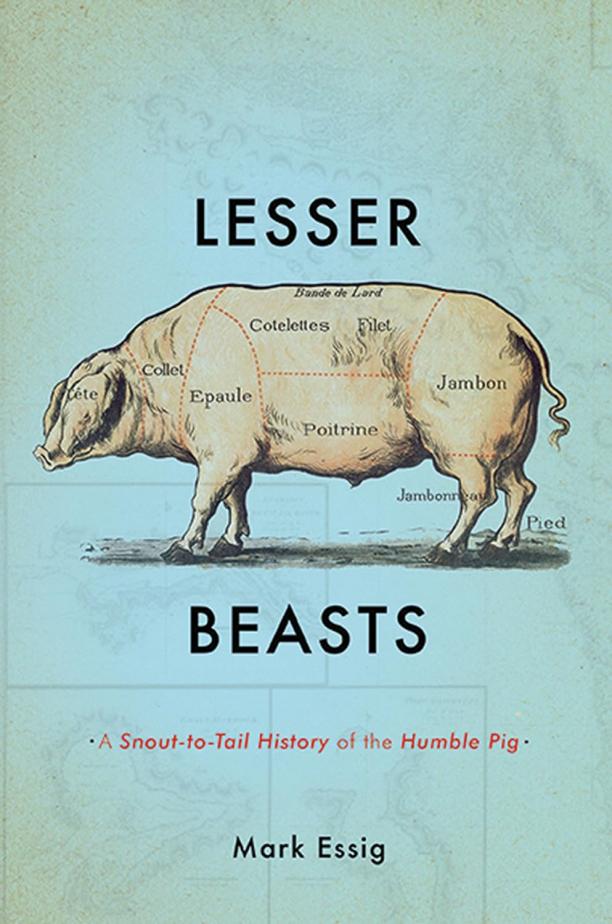
Lesser Beasts
A Snout-to-Tail History of the Humble Pig
Mark Essig
The book traces the cultural, historical, and culinary journey of pigs, exploring their domestication, roles in various societies, and the diverse attitudes humans have held towards them. It delves into the pig's significance as a source of sustenance and symbol, examining its place from ancient times to modern industrial farming.
See full summary
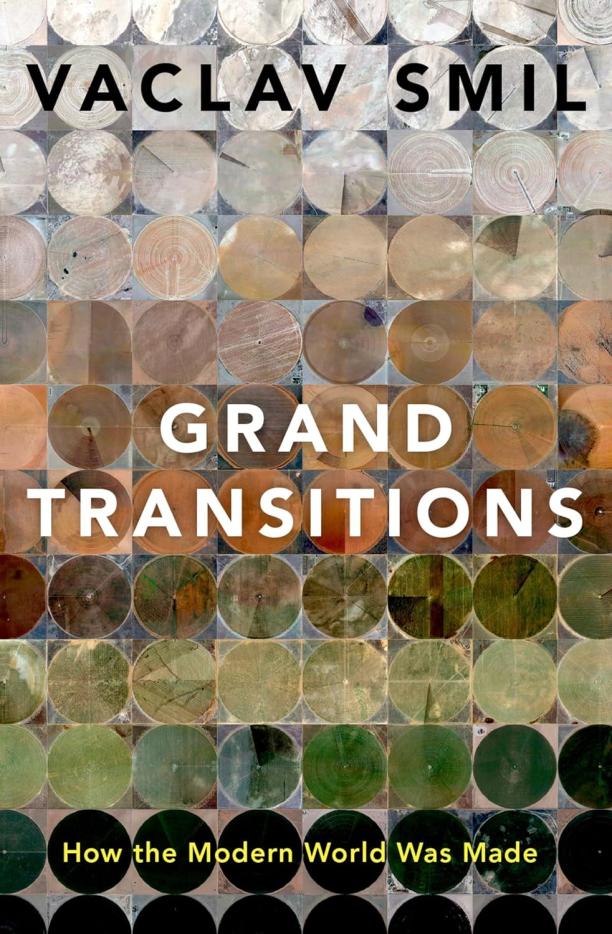
Grand Transitions
How the Modern World Was Made
Vaclav Smil
The book examines the fundamental changes in energy use, food production, demographics, and governance that have shaped the modern world. It explores the unprecedented transitions in human history that have led to the current state of global civilization, including industrialization, urbanization, and the rise of economic and political systems.
See full summary
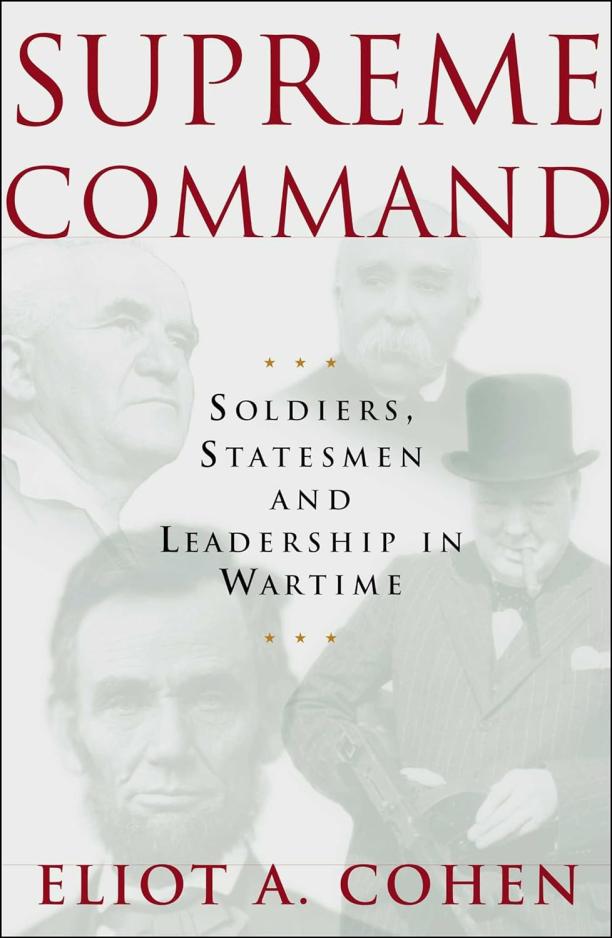
Supreme Command
Soldiers, Statesmen and Leadership in Wartime
Eliot A. Cohen
The book examines the relationships between civilian leaders and military generals during wartime, focusing on how successful leaders like Lincoln, Clemenceau, Churchill, and Ben-Gurion balanced military expertise with political judgment. It challenges the conventional wisdom of the "normal theory" of civil-military relations, advocating for a model of "unequal dialogue" where statesmen guide strategy while respecting military professionalism.
See full summary
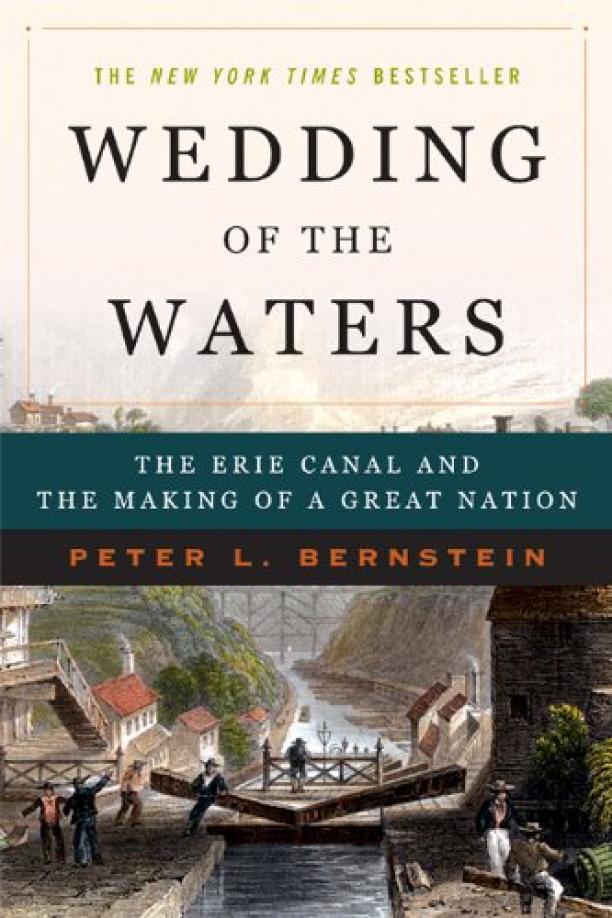
Wedding of the Waters
The Erie Canal and the Making of a Great Nation
Peter L. Bernstein
The book chronicles the construction of the Erie Canal in the early 19th century and its profound impact on American commerce, expansion, and social development. It details the engineering challenges, political battles, and the canal's role in transforming New York into an economic powerhouse and the United States into a unified, ascendant nation.
See full summary
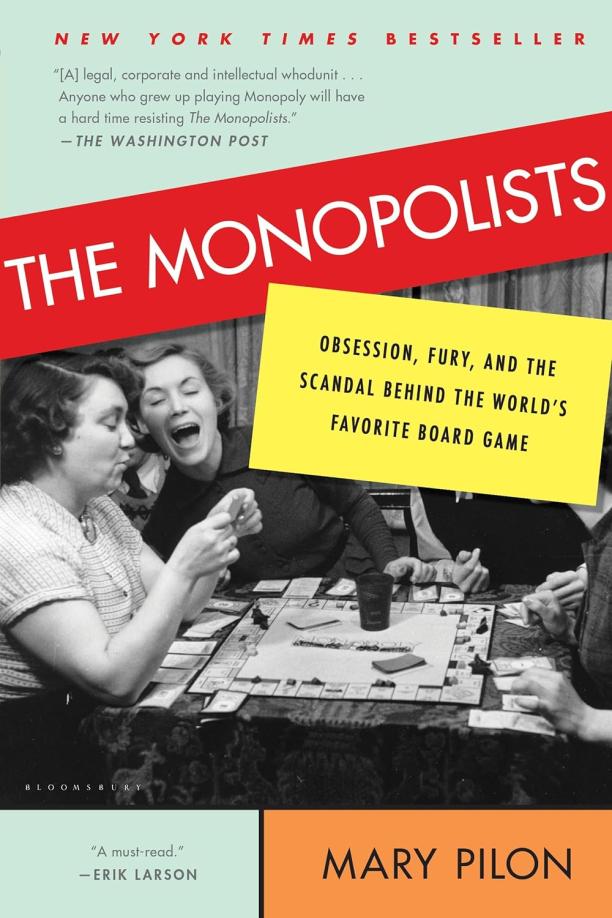
The Monopolists
Obsession, Fury, and the Scandal Behind the World's Favorite Board Game
Mary Pilon
The book reveals the hidden history of Monopoly, tracing its origins back to a woman named Lizzie Magie who created the game to illustrate the downsides of capitalism. It uncovers the corporate intrigue, personal vendettas, and legal battles that ensued as the game rose to global popularity, challenging the widely-held belief that Charles Darrow was its sole inventor.
See full summary
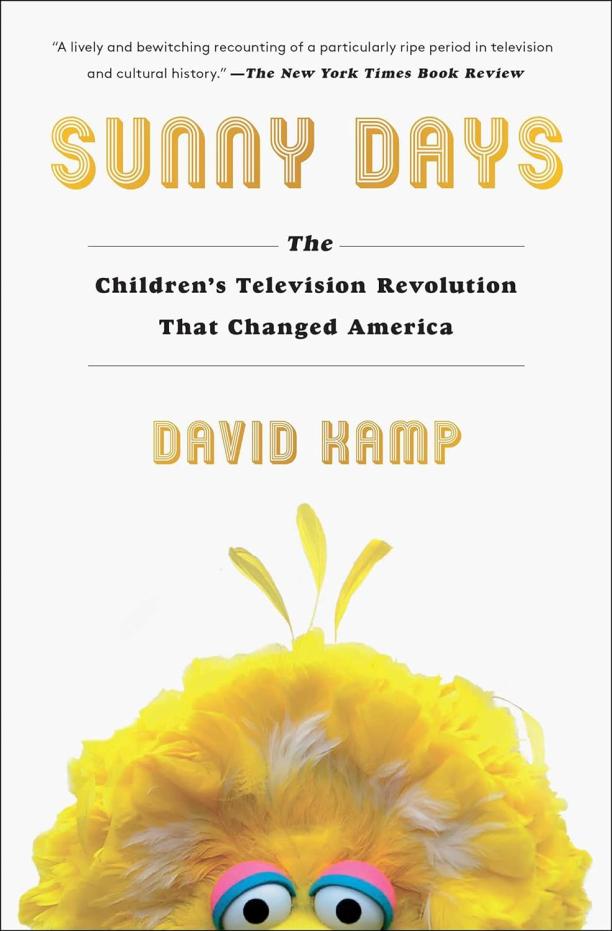
Sunny Days
The Children's Television Revolution That Changed America
David Kamp
The book chronicles the pioneering era of children's television, focusing on the creation and impact of iconic shows like "Sesame Street" and "Mister Rogers' Neighborhood." It explores how these programs, conceived during the late 1960s and early 1970s, were part of a movement to use television as an educational tool and to address social issues, ultimately transforming the landscape of American children's media.
See full summary